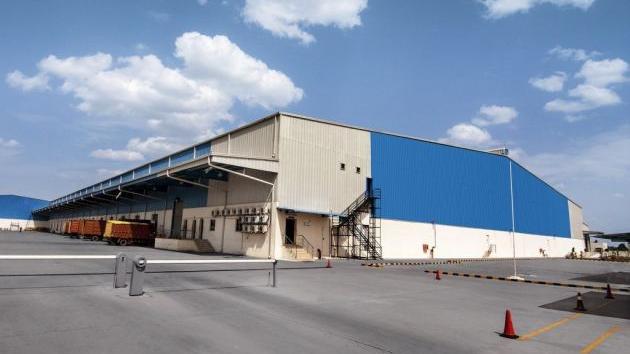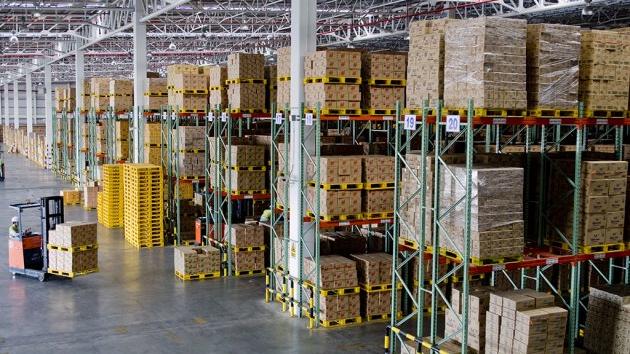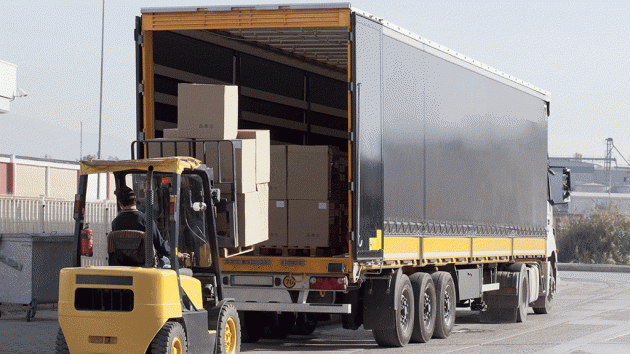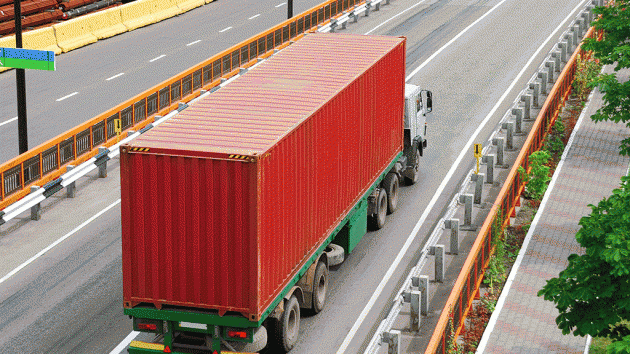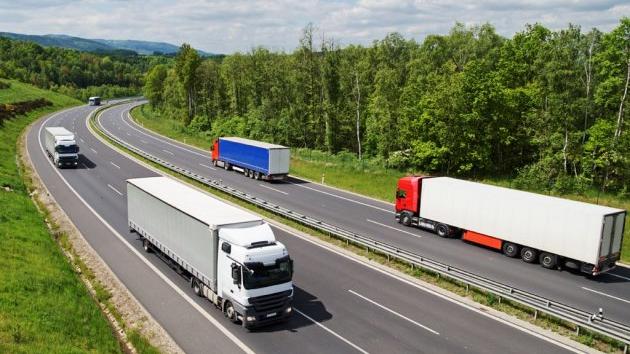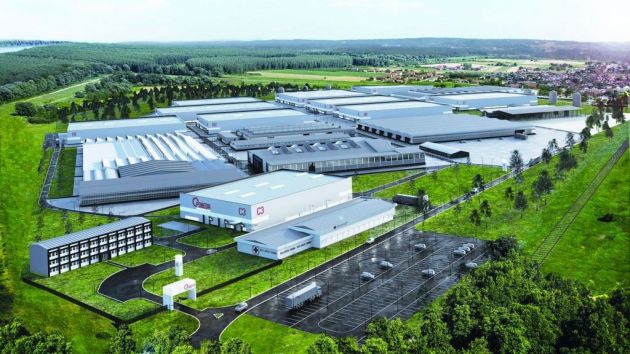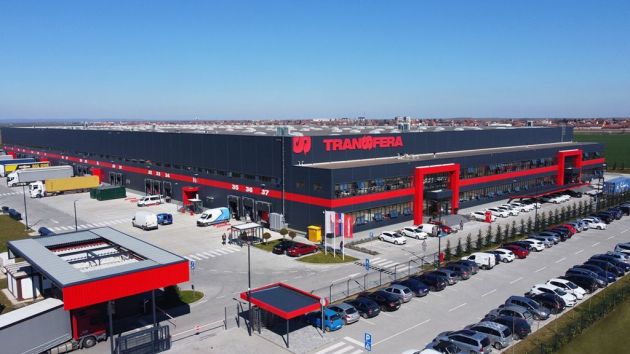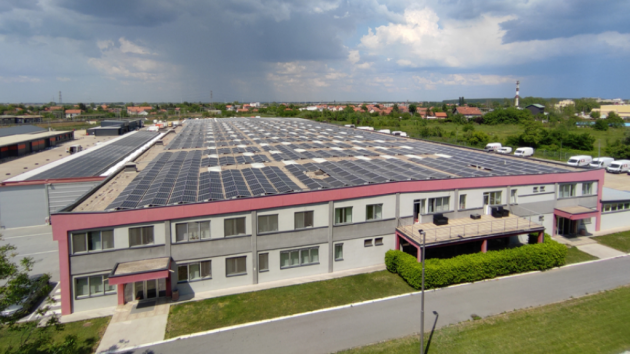How to compensate for the chronic lack of truck drivers in Serbia - Is the solution in hiring foreigners?
 Tuesday, 16.05.2023.
Tuesday, 16.05.2023.
 23:40
23:40

The job of a truck driver, Smiljanić reveals, is not an easy one. But his route, he says, is one of the easier ones.
- You can make money in this business, the income is not bad for our conditions, but it is not easy to spend so much time on the road, especially for someone who has a family. And colleagues who drive to Russia or other European countries spend up to 20 days on the road - says Smiljanić, who works for a company from Čačak.
However, neither sleeping in the truck nor driving are as difficult for Smiljanic as waiting at the border.
- The most difficult part of the job is the waiting. Sometimes we cross the border immediately, sometimes we wait for half an hour, an hour. The longest I waited was 9 hours, which is again shorter than on some other routes. It`s much easier for colleagues from the EU in that sense, they don`t have to wait, so it`s no wonder that our drivers go abroad to work, especially since the wages are higher. Each of our companies lacks drivers - Smiljanić notes.
Indeed, Serbia has a chronic lack of truck drivers. According to data from the Business Association of Road Traffic Srbijatransport, our country lacks about 8,000 professional drivers in freight traffic. What are the key reasons, how to increase that number, whether the solution lies in the hiring of foreigners - these are some of the questions that the eKapija portal is investigating.
B.Sc. Eng. of traffic and general secretary of the "International Transport" business association, Aleksandar Spasić, says that Serbia, like other countries, where production has increased significantly, has a chronic shortage of drivers.
- That lack did not come suddenly, but is the result of a long-term absence of a strategy for the young driver staff and in general to create a source of driver staff that would meet the needs of the industry over the years. According to data released by the competent institutions, Serbia has around 160,000 professional drivers. How many there should be is very difficult to say, but it would be good if at least as many drivers were created annually as there are who leave this job annually, due to retirement, failure to meet conditions, going abroad - says Spasić.
Salary 1700-2000 EUR, but waiting in queues to enter the EU can sometimes be 30 hours.
Our interlocutor reveals that the total earnings of drivers in international transport on transport jobs are up to e.g. Germany from 1700 to 2000 EUR. The exact figure will be affected by the number of working days, that is, the number of transports carried out. Despite the good wages, the working conditions are not great. The biggest problem for Serbian drivers, according to Spasić, is the many-hour, and sometimes even days, delay at the border.
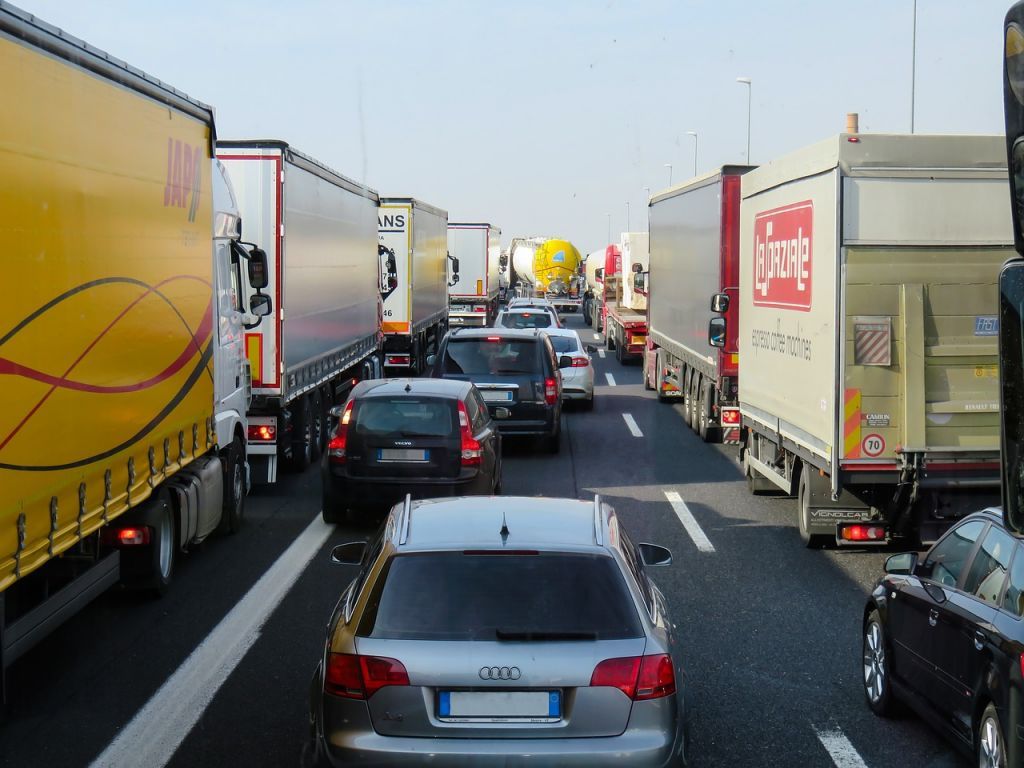
- Although they drive modern vehicles and do not have any physical exertion, they are forced to stand in lines and wait for entry into the countries of the European Union (primarily Hungary and Croatia). This represents both vehicle damage and wasted driver time. Mentally and physically it has a very bad effect on drivers. Well, imagine not having the conditions to go to the toilet, bathroom, store for 30 hours!
This is the biggest problem for drivers, but also one of the strategic problems of the Serbian economy, Spasić believes.
- Here I am not referring to the Serbian transport industry, which is, de facto, in a non-competitive position with European countries that do not have waiting times at the borders. Here I am referring to the entire Serbian economy, which is handicapped because of this waiting, and delivery usually depends on the resourcefulness of carriers and drivers to cross the border as soon as possible - says Spasić.
EU drivers achieve twice the mileage of ours
The amount of ads published on the FB group "Truck drivers of Serbia and Europe" confirms the trend of drivers leaving for the EU. "E category drivers up to 50 years old are needed for a company based in Germany, the driving area is the EU and Switzerland, they work for 6-9 weeks, then stay at home for 2-3 weeks, breaks are taken daily, one day in accommodation, the other day in truck, net monthly salary 2100 to 2300 EUR" – is just one in a series of similar ads.
Croatia and Slovenia are particularly interesting for our drivers due to their proximity. As Smiljanić reveals to us, a large number of his colleagues, especially from Vojvodina, are now working for companies from Slovenia and Croatia.
- They choose these countries because of proximity, because they are not very far from their families. In Slovenia, they can earn more than 2,000 EUR per month, the working conditions are better because there is no waiting at the borders, work permits are easily obtained, and yet they are relatively close to home - Smiljanić explains.
- Spasić points out that in the last few years there have been more departures, but also returns. As he says, the mileage that drivers achieve by driving for companies from the EU is even twice as high as here. The reason is the borders, but also the waiting at the internal customs offices, which does not exist in Europe.
- If the working conditions were to be compared, it could be concluded that the conditions are more difficult according to one criterion, but also easier according to another criterion. Therefore, they are more difficult because there is more driving, the drivers are almost never at home and there is this distance from the family. They are easier in the sense that there is no dangling at the borders and that it is psychologically easier for drivers not to stand in their vehicles. The terms of payment, taking into account the kilometers traveled, are the same. If our drivers were able to cross the border without huge delays, the terms of payment in terms of total income would be exactly the same - Spasić notes.
There are not enough young drivers - Is the solution in hiring foreigners?
Apart from the departure of trained drivers abroad, the reason for the lack of drivers is the lack of young staff. In order to become a professional driver, one must have a certificate of professional competence and a driver`s qualification card. The condition for obtaining a license is 21 years, basic accelerated training lasts at least 140 teaching hours, and for those who have not completed secondary school, 280 hours are mandatory. Training for the CE category can cost up to 2,500 EUR, so it requires both time and money.
- Training takes a long time, and it`s not cheap either. And it`s harder to get a license today than it was before when I first got into this business. Our license lasts for 5 years and is renewed with compulsory participation in seminars. And since there are not enough young people entering the business, and trained drivers are leaving for us abroad, we have a shortage of drivers. I noticed that there are drivers from Nepal and Asian countries who drive for our companies. It is not massive yet, but there are individual cases - says Smiljanić.
Representatives of the Serbian transport industry participate in many working groups where they seek a solution to this problem with representatives of state institutions. According to Spasić, it is clear to everyone that it is necessary to build a source like the army used to be. This is how, he says, the image of secondary traffic schools crystallized as a larger and constant source of driver personnel.
- With the modernization of the work program, the introduction of more and more practical training and dual education, why not, Serbia would have a constant flow of young drivers who chose this profession as their life path. The employment of foreigners is now seen in domestic companies and more and more are resorting to this model. There are certain administrative barriers that prevent this practice from spreading more easily. However, all of us as a society must agree and jointly move towards the strategy of creating a domestic driver workforce because only by doing so will we be sure that Serbian vehicles with Serbian drivers will without problems serve the increasing demands of the Serbian economy - Spasić concluded.
Marija Dedić


 Izdanje Srbija
Izdanje Srbija Serbische Ausgabe
Serbische Ausgabe Izdanje BiH
Izdanje BiH Izdanje Crna Gora
Izdanje Crna Gora


 News
News








